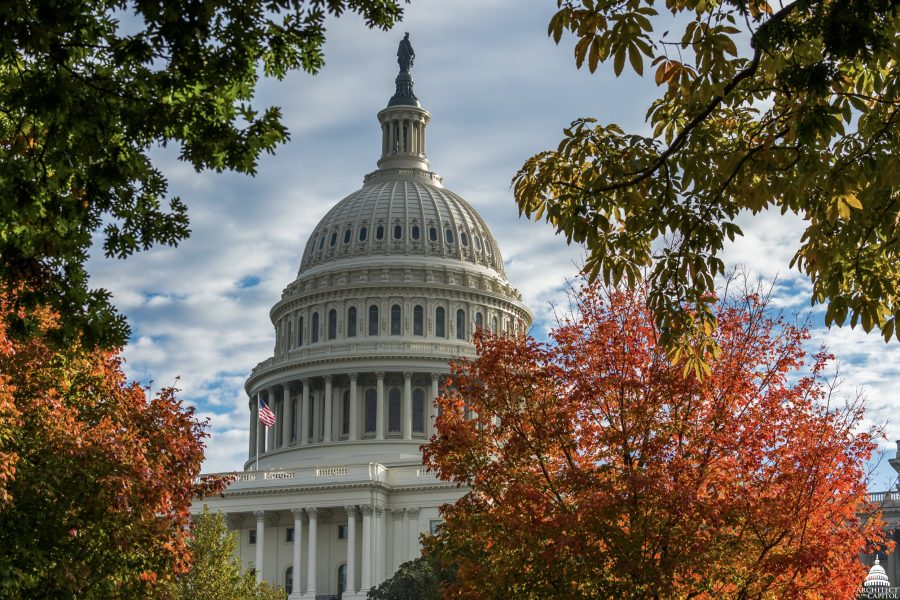Lawmakers could wrap up negotiations over the fiscal 2020 defense policy bill by Nov. 22, signaling that the legislation may soon begin moving forward about two months after the start of the fiscal year.
Monica Matoush, communications director for the House Armed Services Committee, told Air Force Magazine Nov. 19 that Chairman Rep. Adam Smith (D-Wash.) is “optimistic” about the prospect that negotiations on the draft National Defense Authorization Act—not the “skinny” version floated earlier this fall—will finish this week.
Claude Chafin, a spokesman for HASC Ranking Member Rep. Mac Thornberry (R-Texas), said that “conference takes as long as it takes and it will be done when [it’s] done.”
Bloomberg reported that Sens. Jim Inhofe (R-Okla.) and Jack Reed (D-R.I.), the heads of the Senate Armed Services Committee, also believe a final agreement will come by the end of the week. Spokespeople for the senators did not respond to a request for comment by press time Nov. 19.
A congressional staffer noted that lawmakers still have much to do to come together on a final conference report, which explains the year’s bipartisan defense priorities and shows how members bridged their differences on certain issues. When asked whether the agreement would allow for a wall along the southern US border or for a Space Force, the aide said those issues are still being worked through.
Politicians have been split along party and chamber lines on the details of myriad issues. Smith indicated the issue of funding a border wall was punted to House and Senate leadership, according to Bloomberg.
A bill would still need about three weeks, if not longer, to get signed into law from the time a deal is reached, Air Force Magazine previously reported. Agreeing on defense policy legislation is typically a smoother affair, and SASC has urged lawmakers to get a bill signed by the end of December to avoid further complications.
Defense appropriations are stalled, too. The House on Nov. 19 passed a new continuing resolution 231-192 to keep the federal government running through Dec. 20 once the current stopgap measure expires Nov. 21; the Senate and President must approve it as well. CRs hold federal agencies at the spending levels they were granted the previous year and blocks them from starting new programs.
Some officials, including within the Air Force, have started warning about the possible impacts a six-month or year-long CR would have on the military.

